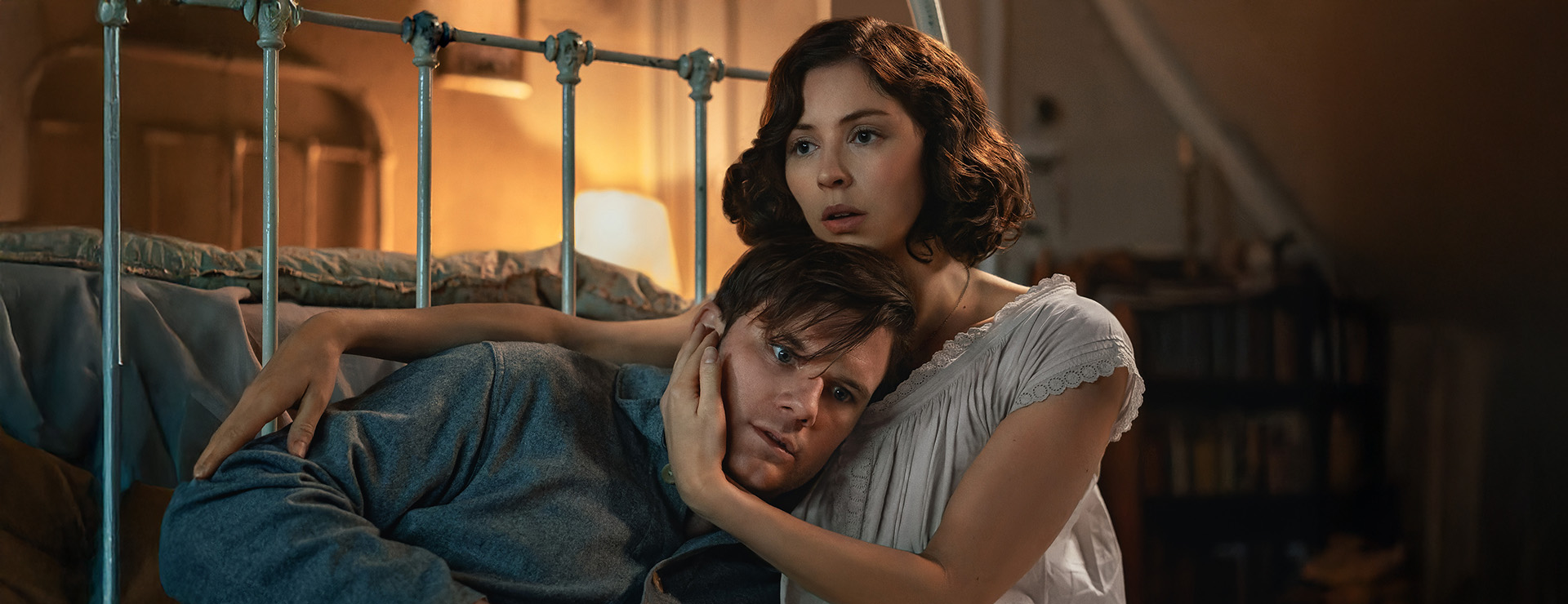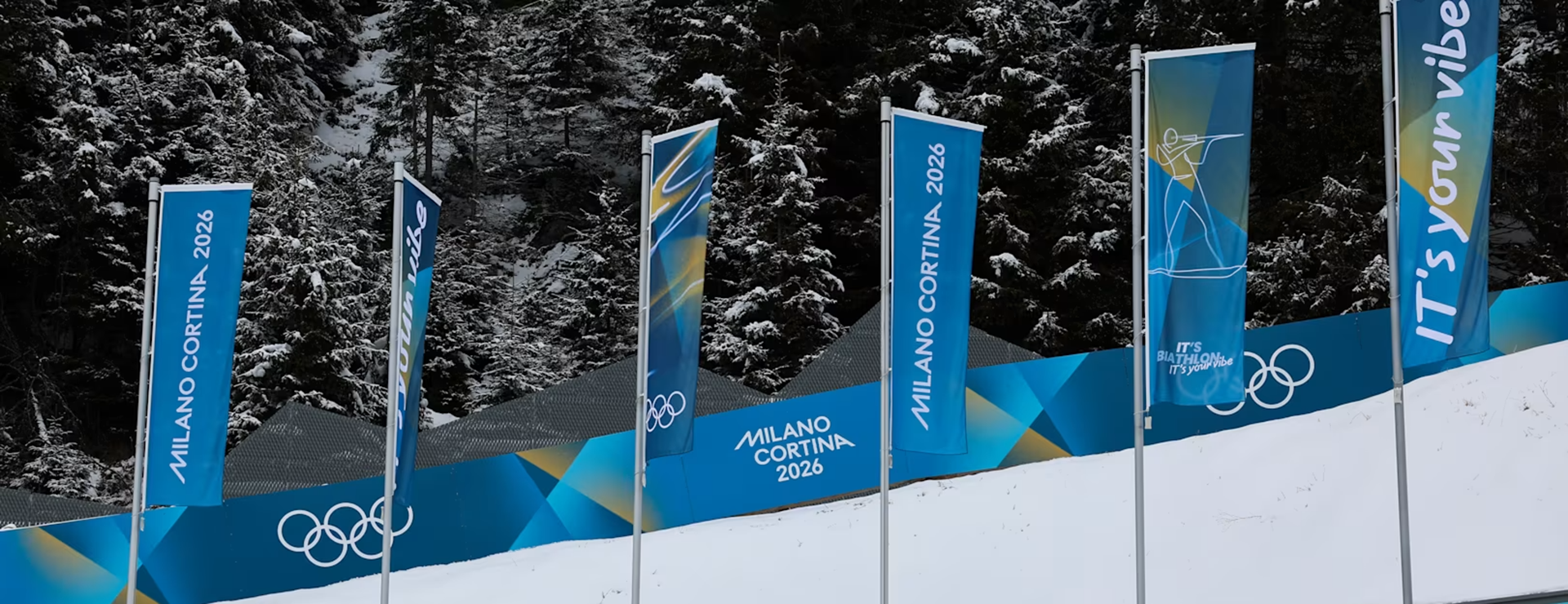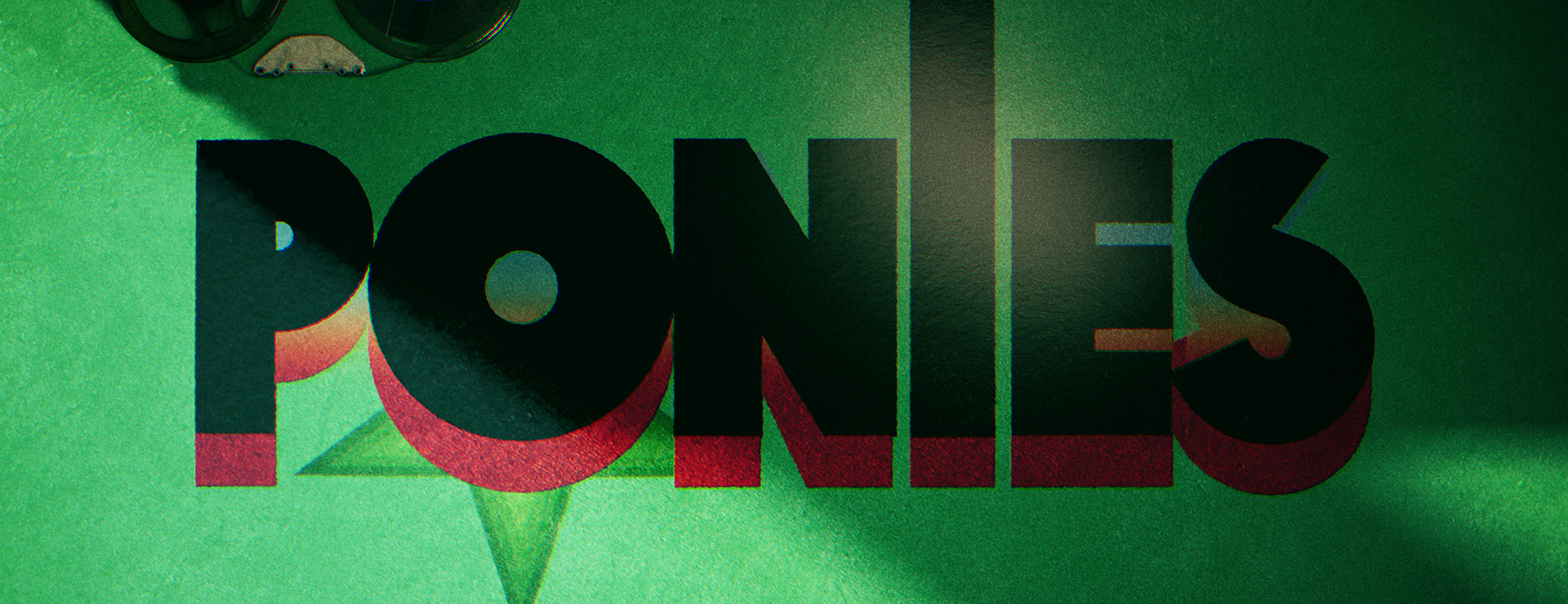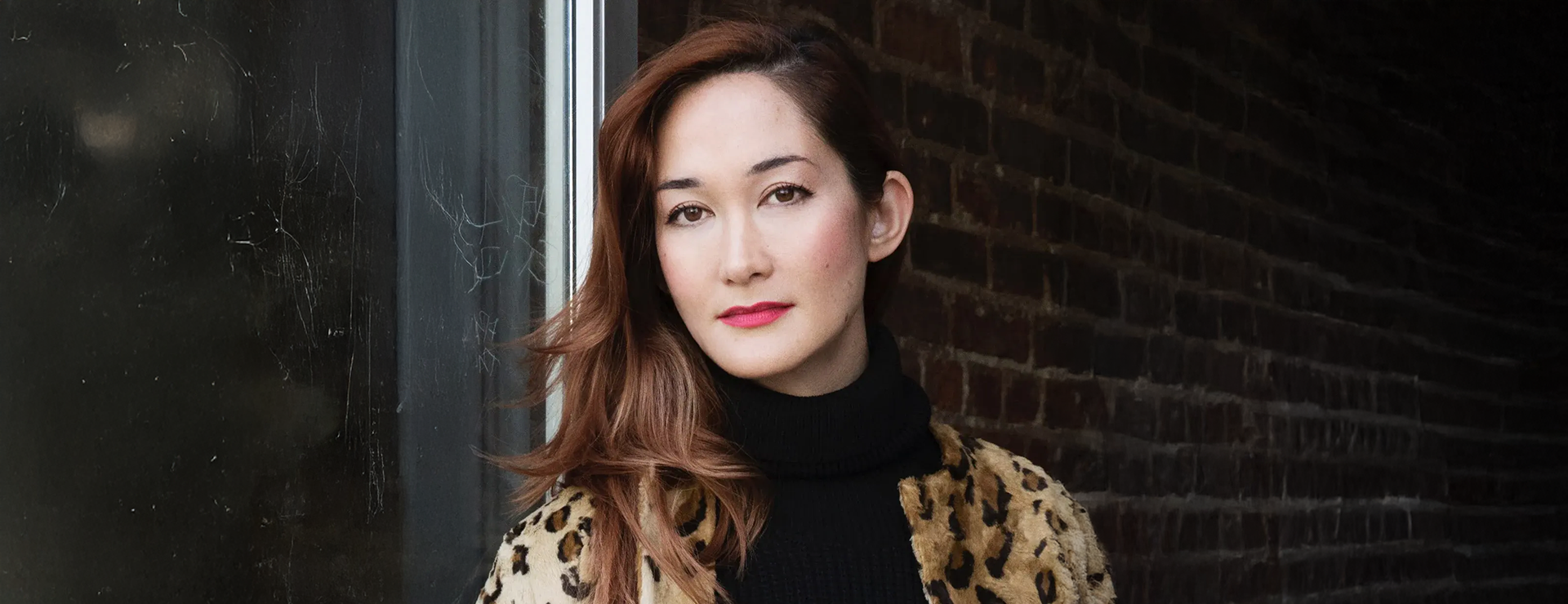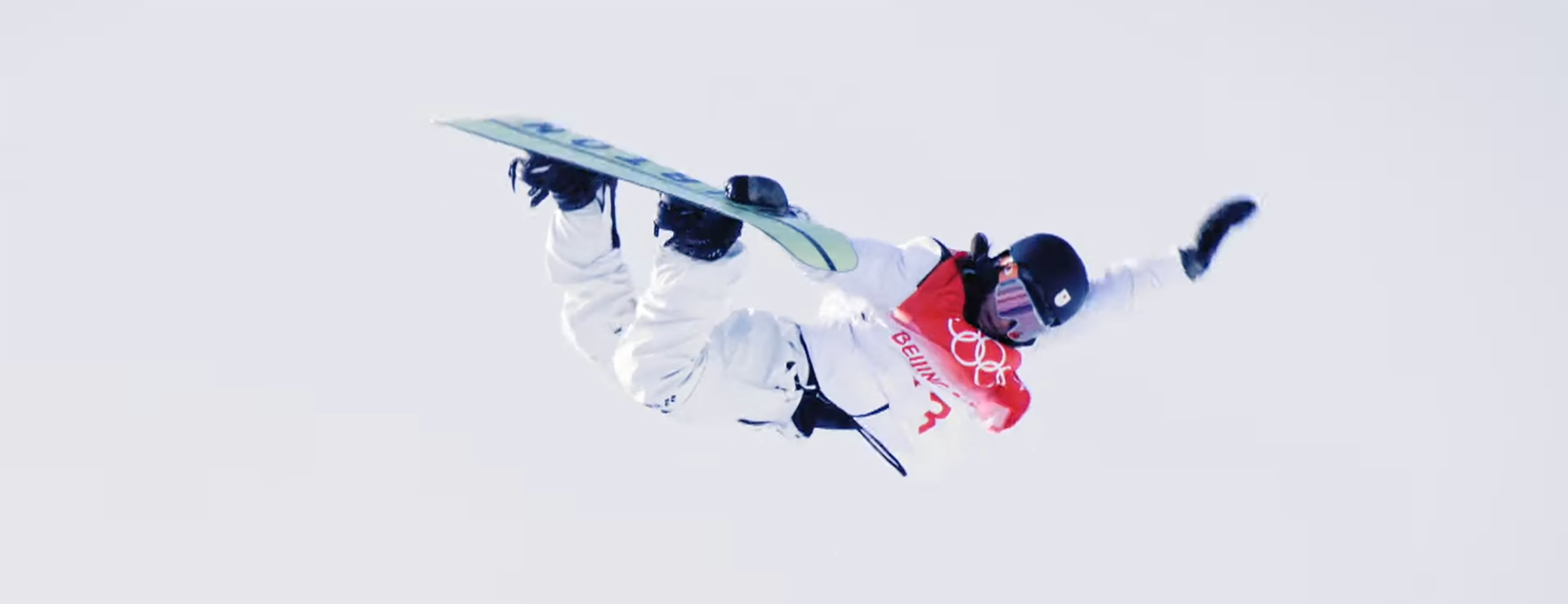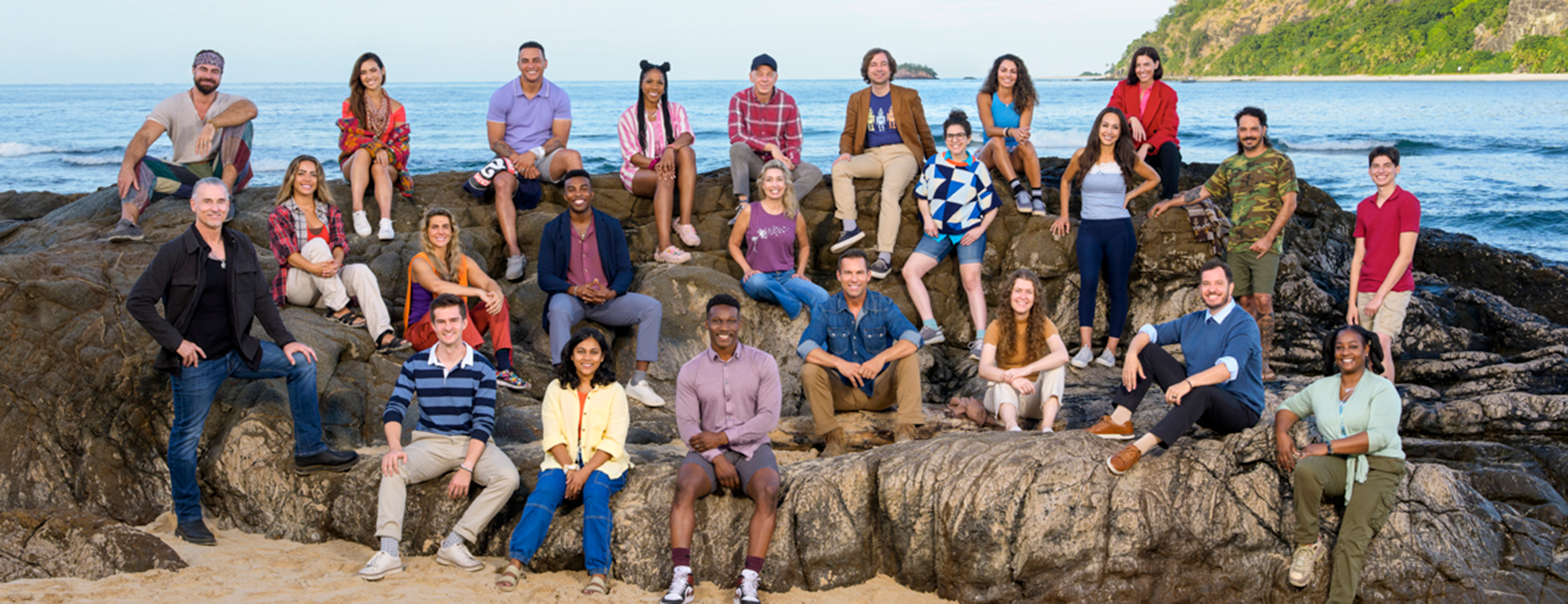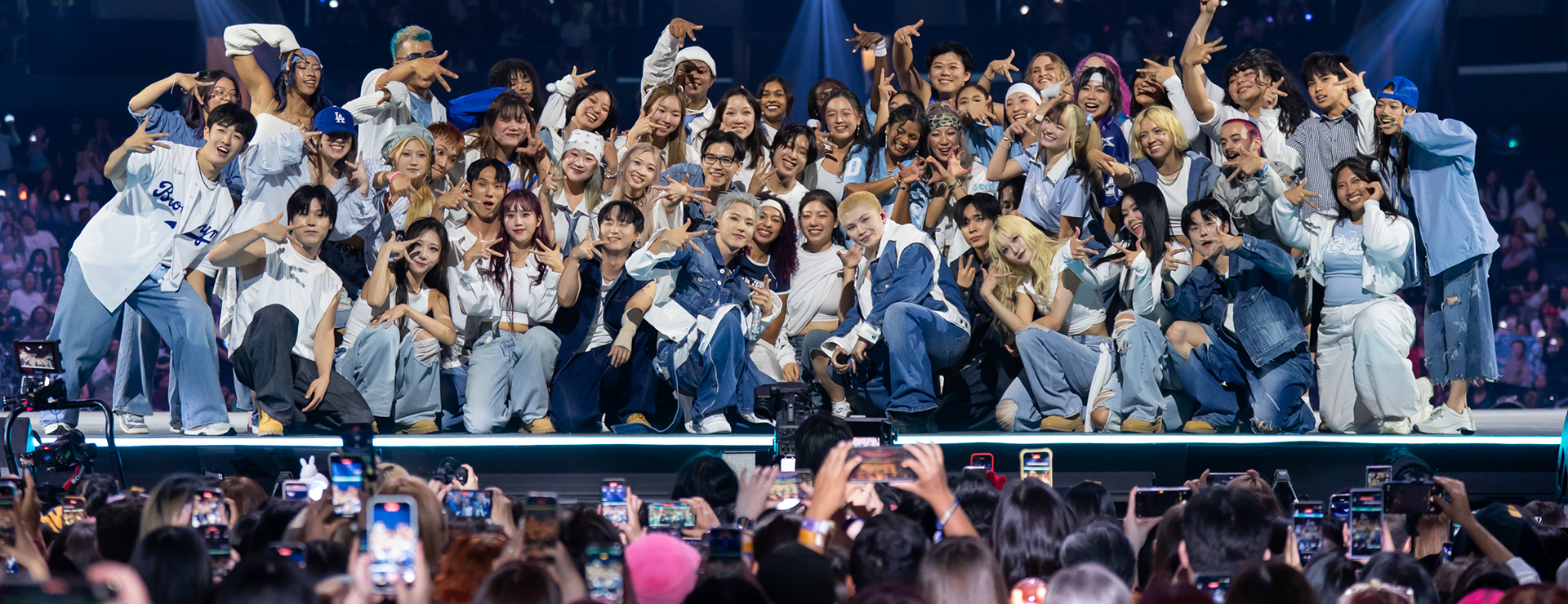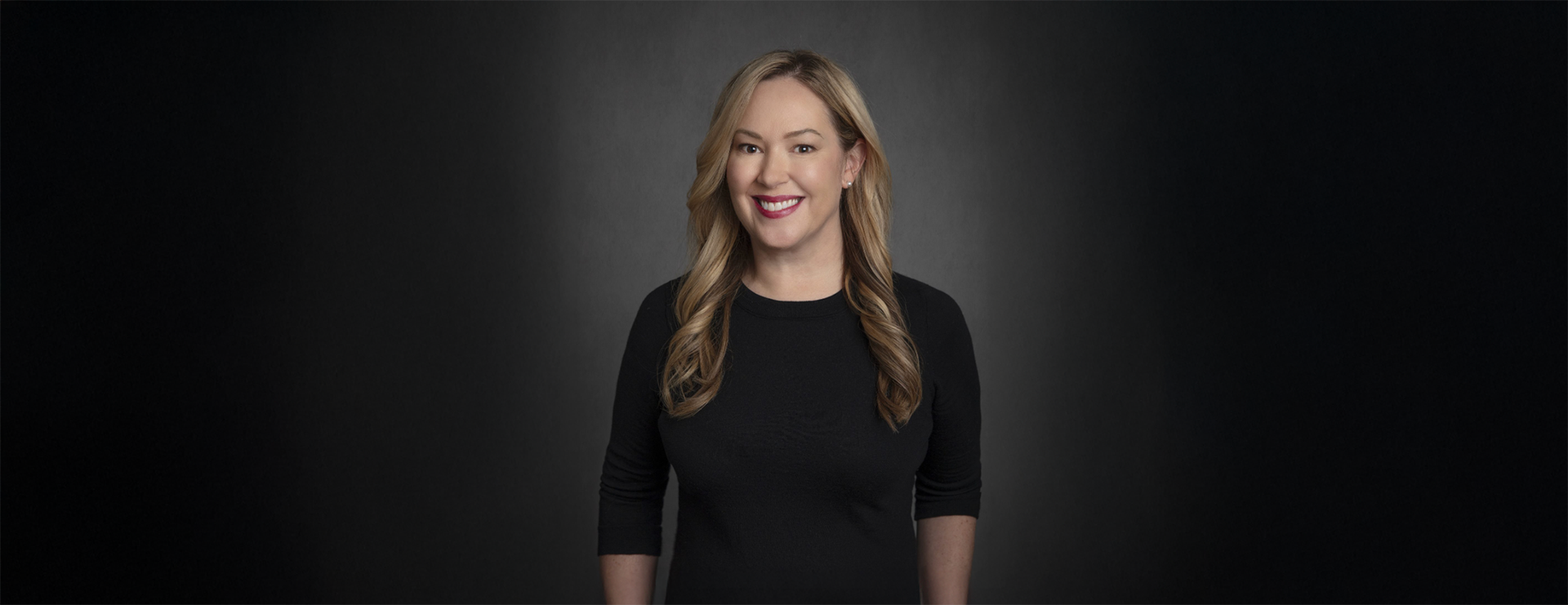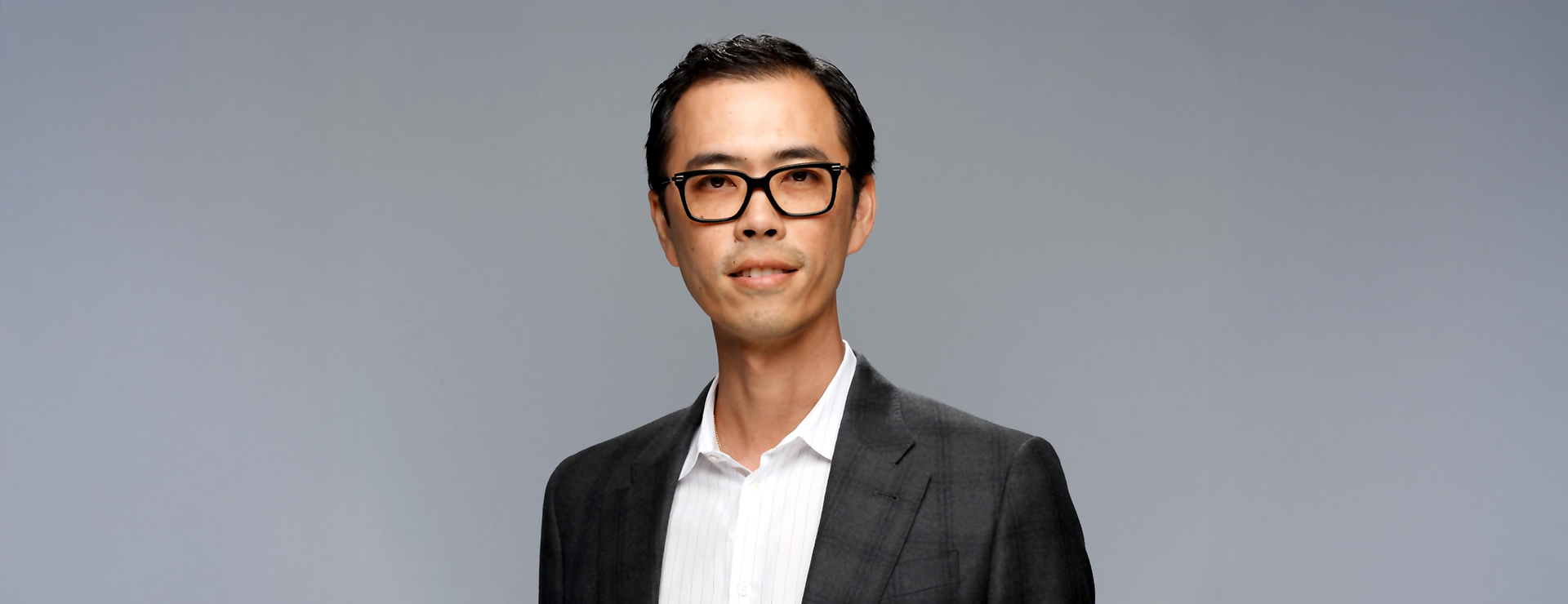Starz premiered time-traveling drama Outlander on August 9, 2014. Almost 11 years to the day, Starz will debut spin-off series, Outlander: Blood of My Blood, this Friday, August 8. And then in early 2026, Starz will bid goodbye to Outlander, now one of its linchpin series, with the eighth and final season.
Over the course of those 11 years, the Starz brand and the Outlander brand have become intertwined. Fresh off of San Diego Comic-Con, Whitney Abeel, Starz executive VP, marketing, joined Spotlight to discuss how Starz worked to build Outlander into the fandom it became, and how it hopes to transfer that fandom to the prequel.
Read the edited interview below.
Spotlight: What has Outlander meant for Starz as a brand from both cultural and business points of view?
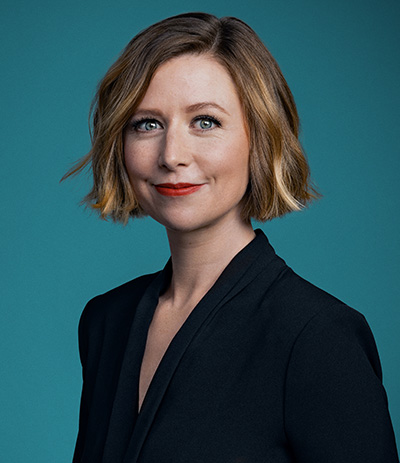
Whitney Abeel, executive VP, marketing, Starz: It's obviously been such a defining series for us from the very beginning. From the marketing side, it was a show we really wanted to position as an epic romance drama. I think what was so important about it was its big scale. It was not just a romance. It was not just a book-to-series. It was this incredible cultural event
From my standpoint, we were addressing three pillars. First, how were we going to grow this audience and see that pay off? How would we hone a passionate fan base from the books? And how would we continue to grow this community?
What was possibly even more important was centering the marketing around female desire, female agency and female sexuality, all told through the female lens. That was actually very important to the business and really ended up cracking our lane of programming for female audiences from that point on.
Finally, we focused on building that long-term emotional investment with the audience. Ever since season one, when the show really exploded, we were able to see that there was this female audience that wanted premium television and who wanted stories told this way. We learned that if we leaned into these stories around desire and sexuality from a female lens, we could really carve out something that was special. I think you see that throughout the programming, whether it’s Vida or Three Women or, coming up, All Fours, which we have in development.
Spotlight: Would you also include all of the female-focused historical fiction programming that you guys do under that umbrella?
Abeel: Absolutely, I think all of those Philippa Gregory books – The White Princess, The White Queen, The Spanish Princess – all of these are stories even set in history that talk about female agency. Mary and George and Three Women are two more recent ones. Both of those talk about sexuality in different ways. Sex positivity is something that we really embrace as a network.
Spotlight: You guys also have a big IP universe with the Power franchise, and the audience for that feels somewhat different than the audience we are talking about now. How do you align both of those from a marketing point of view?
Abeel: I've been at Starz since the launch of both Outlander and Power season one. What was interesting is that they launched at similar times. We realized we had these two audience lanes that were different, that needed different types of programming, but both were really serving underrepresented audiences.
From a marketing standpoint, I would say all of those ladder into the brand of we're all adults here. We create premium adult content but we also do it for underrepresented audiences. I think that's really how we center the brand around it – both have distinct programming lanes that we continue to service.
Spotlight: San Diego Comic-Con just concluded. What are some of the cool things you guys have done to promote Blood of My Blood? How much did you draw from your decade-long history of promoting Outlander to promote this new series?
Abeel: One of the big pillars of the campaign is the fans. How are we activating the fans? With Blood of My Blood, we were able to do something different than we did with Outlander. With Outlander, we really listened to the fans, making sure we were showing up in ways they needed us to like creating consumer moments that were meaningful to book readers, like crafting Jamie's print shop as an activation, or Claire's apothecary at Comic Con, and doing surprises and delights.
But with Blood of My Blood, it was really about how we were carrying that fan base from one show to the next. I think the big piece was knowing that it was pivotal to get the fans’ endorsement early on. What we did differently was open the door to fans in ways we hadn't in the past, and give them that white-glove access from day one, and bring them into the ground floor of marketing.
We did early fan screenings. We did a bunch of VIP treatments at Comic Cons and premieres, like having reserved seats for them. We had them debut creative assets to their fan communities and their fan groups, which is something we've never done before. Usually, you're working with press outlets, but we wanted to bring these fan communities into the fold. I think part of that was because as a network we just so deeply believed in the show. We knew that they would get on board. Watching them have this extreme enthusiasm and excitement and really fall in love with the show early on has been pivotal to the marketing campaign, and I think pivotal to breaking the show out beyond just the fans and getting the world excited.
RELATED: Starz Goes Back in Time Again with 'Outlander: Blood of My Blood'
Spotlight: When you say you are working with people to get access to fan communities and fan groups, do you consider that to be influencer marketing?
Abeel: We do have a huge influencer campaign with this, but we have developed such close ties to fan groups and fan communities, whether that's Facebook groups that were created back in the beginning of Outlander, or local fan groups, we've actually developed relationships with these people and been able to bring them into this campaign as well. We even had the Droughtlander Diaries ladies on our red carpet, interviewing talent for their podcast.
The influencer piece does help us break out beyond the fans. Some of those influencers are fans as well, but we were really looking for those original book fans and leaders of those fan communities to be part of the campaign too.
Spotlight: How new would you say the ability to directly connect with that fandom is and how common is it for networks to use it as part of their marketing efforts?
Abeel: I feel like that was something that we did early on. That was a little bit differentiating for Outlander. That's something that as a network has been really pivotal to building franchises for us. I think one of the reasons we see a lot of success with our franchises is that deep fan rapport that we allow ourselves to have with the fan bases.
I would say that’s happened on the Power side of things as well, but with Outlander, we were really intentional about building that community. At the beginning, we would help fans get on Twitter or later, other social platforms. That’s where conversations were happening and we wanted to bring fans into the conversation wherever they were. We really had that one on one with fans from the very beginning and it was something we grew.
I’m sure you’ve heard the phrase ‘droughtlander,’ which is the time in between seasons. That’s a phrase we coined very early on because we realized that Outlander wouldn’t be just a premiere-based campaign. It was this relationship we’ve created with fans and we needed to continue to stoke that even when new episodes weren’t on the air. So that fandom is something we’ve always leaned into and been purposeful about.
Spotlight: Have you found that what you’ve learned by doing Outlander is applicable to your other, perhaps less long-running series, like Three Women, for example?
Abeel: Every show has a different type of fan, but what's been really great is with our Starz brand social handles, we're able to continue to meet fans and bring those throughlines in at different points. So even if Three Women isn't on the air, maybe there's a theme that connects to another series that we're able to relate back to and foster that conversation again or engage that audience and bring them into another series.
Spotlight: Starz has had a big presence at San Diego Comic-Con for years, with lots of Outlander-focused activations. How has the way you use Comic-Con evolved with the way you engage fandom?
Abeel: I think that in the beginning, we were really able to show up in a way that fans wanted us to, and we really listened to what was important to them. I think what was so special about Outlander was that it was a show that had a massive fan base but also broke through in pop culture. San Diego Comic-Con really became the place where those two things collided.
I think being there became pivotal to the show in terms of showing up for fans and making sure we were connecting with them there. One of the most special things that has happened to me was we were able to bring both Outlander and Blood of My Blood to Hall H, where we had never actually been for Outlander.
It was really one of those moments that was very crystallizing, getting 6,500 fans in a room, and then seeing the fan reaction to [Outlander star] Sam [Heughan] answering questions, and watching the fans sing along to “The Skye Boat Song,” which is such an iconic piece of the show. And then being able to welcome the Blood of My Blood cast to the stage right after Outlander and watch them be able to experience the fandom that is the Outlander universe.
From a marketing perspective, it was such a beautiful way to go to the next series. It was an expansion of all the Comic-Cons we've attended and all of the fan experiences we've had there, – to be able to just have a huge moment there was really important.
Spotlight: You mentioned ‘The Skye Boat Song,’ which is an adaptation of a traditional Scottish song that opens each episode of ‘Outlander.’ Why do you think the show’s music has been so impactful for fans?
Abeel: I think that's one of the things that makes a franchise break through in that pop-culture way, that Zeitgeist way, is having that iconic opening title song. When you hear it, you immediately know exactly where you are and what you are thinking about.
We have a marketing and publicity conversation with showrunner Matthew B. Roberts and executive producer Maril Davis every year. We work with them from when they pitch out the season to us and we start crafting a campaign. Among the questions we always have are ‘what are the Easter eggs in the title sequence? How can we really stunt around that? How can we do something special with that for the fans?’
It's actually always a part of the marketing and publicity campaign. And because of that, I think we've really pushed having different artists sing that song and adapting the opening titles with different Easter eggs. I think it's another place where we're able to have the show meet the fans and create a moment out of it.
Every season we’ve looked at the marketing and considered the elements that are going to bring in not just the fans, but also new audiences. When we consider the music within the creative, we think about how the music helps us translate a new feeling, a new emotion or a new piece of content.
Spotlight: OK, last question. How has Starz used Outlander and now Blood of My Blood for subscriber acquisition and retention?
Abeel: Outlander is one of our tentpole series, and so of course, we think about consumer acquisition with every single Outlander campaign. A huge cornerstone of it for us is how are we growing, how are we acquiring new subs and how are we winning back subs? And again, what it’s really done for our business is start that audience cohort for us and really help shape it.



